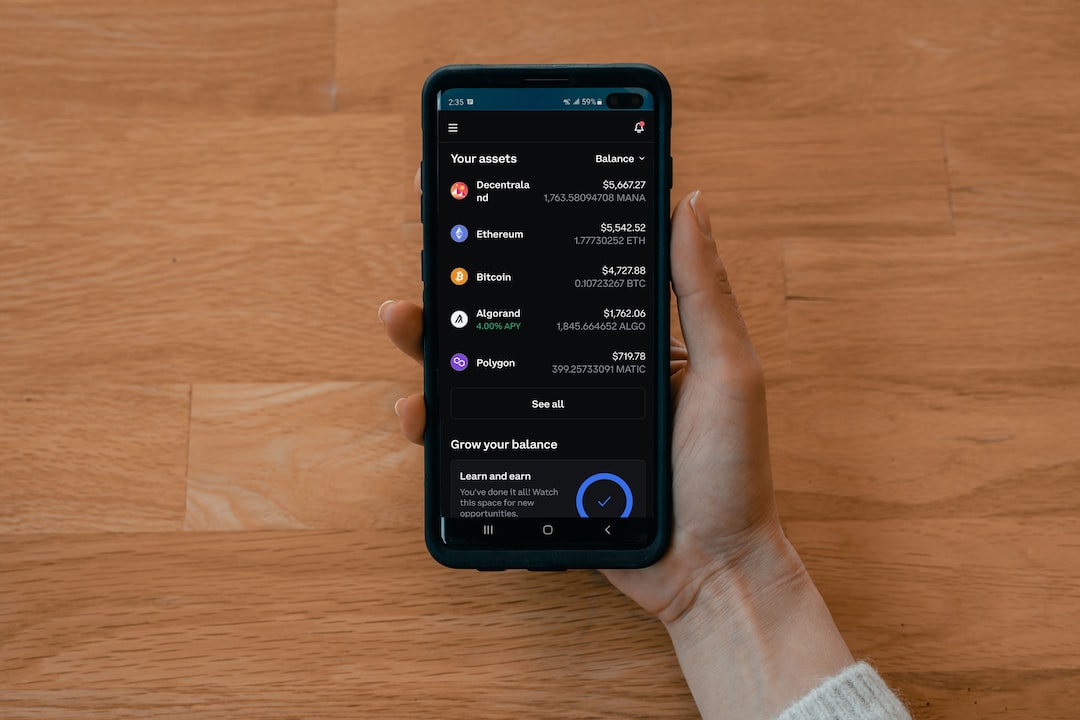The Tumultuous Journey of Tornado Cash’s Co-Founder
You find yourself intrigued by the legal troubles faced by Roman Storm, the co-founder of Tornado Cash, a renowned cryptocurrency-mixing platform. Recently, he pleaded not guilty in a US court after being charged with conspiracy to commit money laundering. This offense could potentially result in a lengthy prison sentence of up to 20 years. Inner City Press reports that Storm’s plea aligns with the advice of his counsel, Brian Klein.
The Controversy Surrounding Tornado Cash
The Tornado Cash saga has ignited a fierce debate within the digital currency community. Major players such as Coinbase Global Inc and the Blockchain Association believe that the Tornado Cash co-founders are unjustly targeted for a code they have no control over. Last year, the Treasury Department alleged that Tornado Cash facilitated the laundering of $7 billion in cryptocurrency, primarily linked to the notorious North Korean hacking group, the Lazarus Group. Consequently, the protocol was sanctioned, placing it in the same category as Blender.io, which had faced similar consequences earlier.
The arrests of the Tornado Cash co-founders prompted protests both on the streets of Amsterdam and online, with influential companies rallying against regulatory actions.
Anticipating a Positive Verdict
As an observer of the arraignment, you can’t help but hope for a favorable outcome for the Tornado co-founder. Recent successes achieved by prominent crypto entities in legal battles instill optimism. Judge Katherine Polk Failla, presiding over this case, also oversees the Coinbase vs. US SEC legal dispute. The expectations surrounding the trial are growing, and with a not-guilty plea, Roman Storm has chosen a path that allows for a 30-day timeline dedicated to evidence discovery.
Hot Take:
The Tornado Cash co-founder’s plea of not guilty signifies a fight against perceived injustice, as the crypto community questions the accountability of code creators for its utilization. This case serves as a crucial moment to determine the legal boundaries and responsibilities in the evolving crypto landscape.





 By
By
 By
By
 By
By
 By
By
 By
By
 By
By